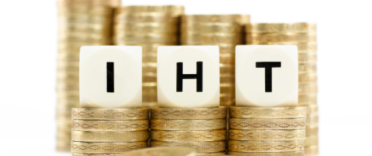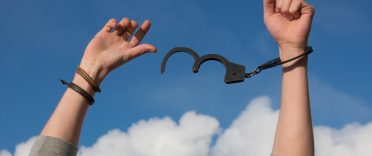
What is a DRO?
A DRO is designed as an alternative to bankruptcy that can help with certain types of debt if you:
- do not own your home
- have little spare income
- have little chance of your financial situation improving
A DRO is issued by the Official Receiver (an officer of the bankruptcy court) who will write to your creditors explaining that:
- they can't take action to recover their money without permission from the court
- you are not allowed to make any payments towards your debt
- you will be discharged from your debts when the DRO ends - usually after 12 months
- once your DRO has expired, usually after 12 months, you will have no further responsibility for your debts.
What is the advantage of a DRO over Bankruptcy?
A DRO is essentially a cheaper form of Bankruptcy (yes, it costs money to go bankrupt) plus you won't have to appear in court.
Do I qualify for a DRO?
To get a DRO you must:
- owe less than £15,000
- have less than £50 a month spare income - after paying essential bills like rent & food
- have less than £300 worth of assets - motors vehicles worth £1,000 or less, or you need a vehicle due to disability, are excluded.
- not have applied for a DRO in the last 6 years
Can all my debts be included in a DRO?
No. Some types of debt can't be included in a DRO, such as:
- court fines
- maintenance payments
- student loans
- debts created after your DRO has been issued
How can I apply for a DRO?
To obtain a DRO you must get an authorised debt adviser to send an application form to the Official Receiver. Contact your local Citizens Advice Bureau or National Debtline for a list of authorised debt advisers in your area. The authorised debt adviser will then:
- check you meet the conditions to qualify for a DRO
- assist in completing the application form
A £90 fee is payable prior to application but this may be paid in instalments or there are charities that help in certain circumstances.
What happens after a DRO is issued?
- You must tell your bank or building society that you have a DRO
- You must co-operate with the Official Receiver and inform them of any changes that may affect your DRO
- You cannot borrow more than £500 without telling the lender about your DRO
- You cannot act as the director of a company
- You cannot create, manage or promote a company without the court's permission
- You cannot manage a business without telling those you do business with about your DRO
How long do these restrictions last?
DRO restrictions usually last for 12 months but can continue for up to 15 years if careless, criminal behaviour led to your debt problem.
Also, credit reference agencies keep DRO records for six years, making it harder for you to open new bank accounts or get credit.
Conclusion
Clearly Debt Relief Orders have limited use, due their restrictions, but they have helped many thousands of people on low incomes with their debt problems. If you are struggling with debt then contact your local Citizens Advice Bureau or National Debtline for advice.



